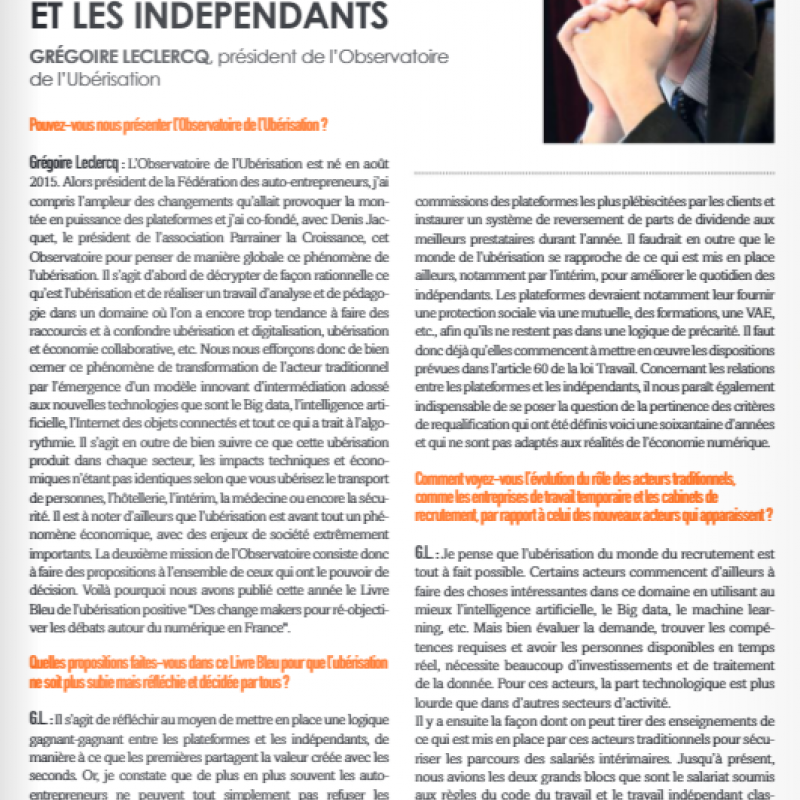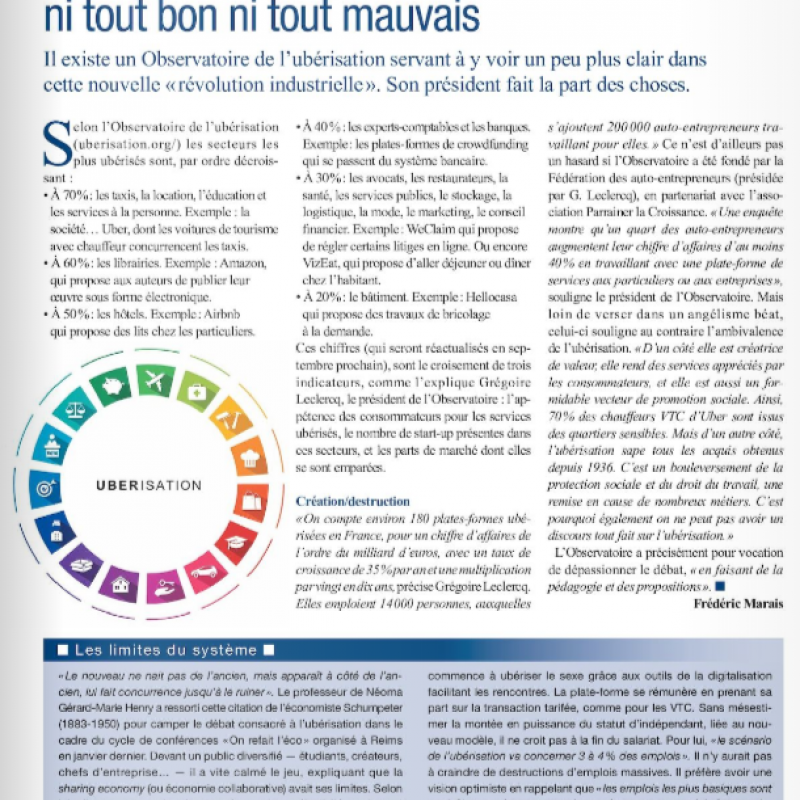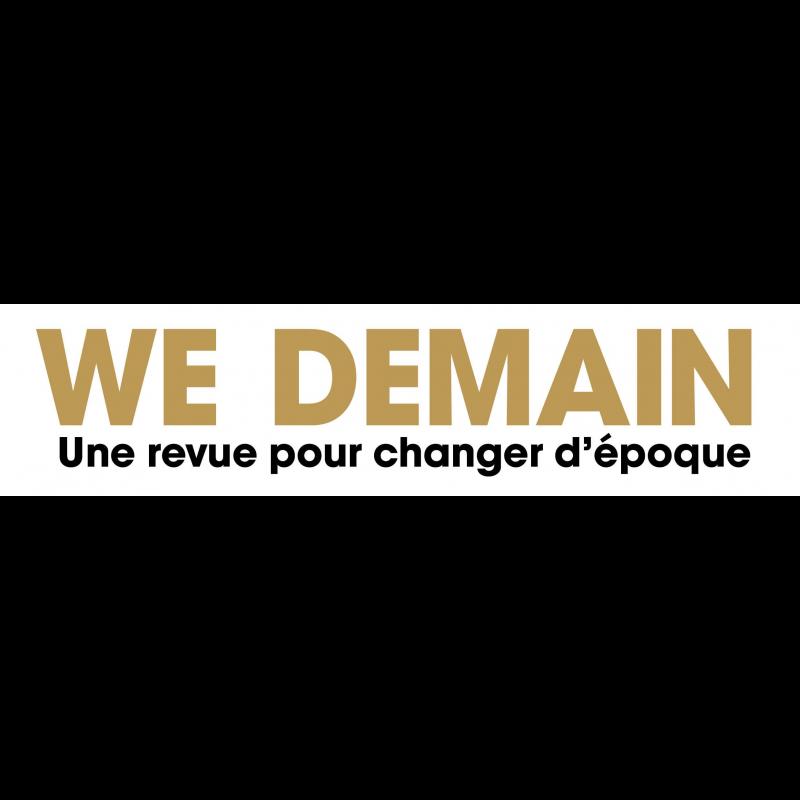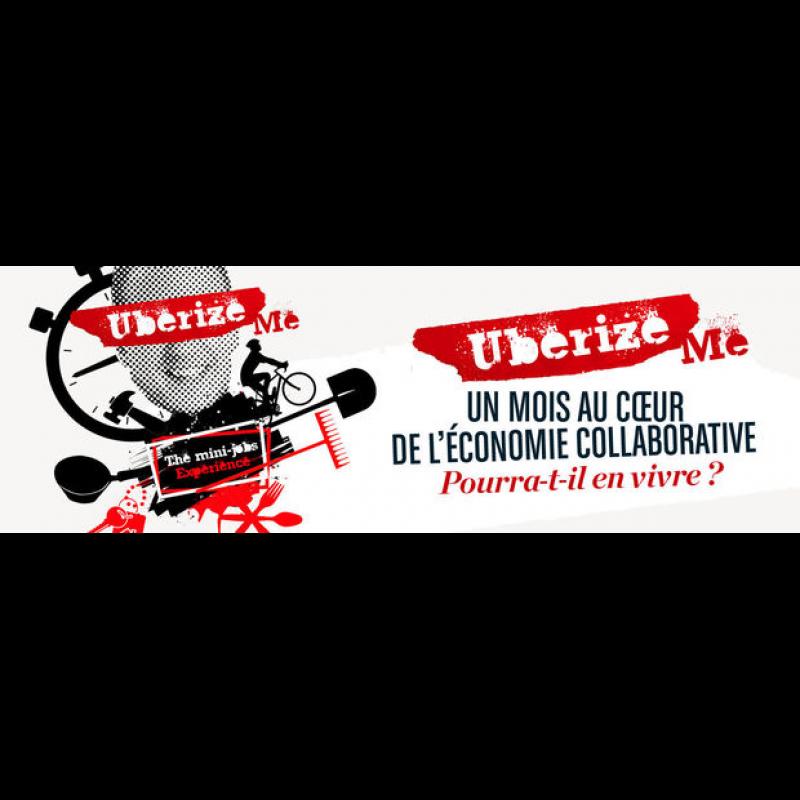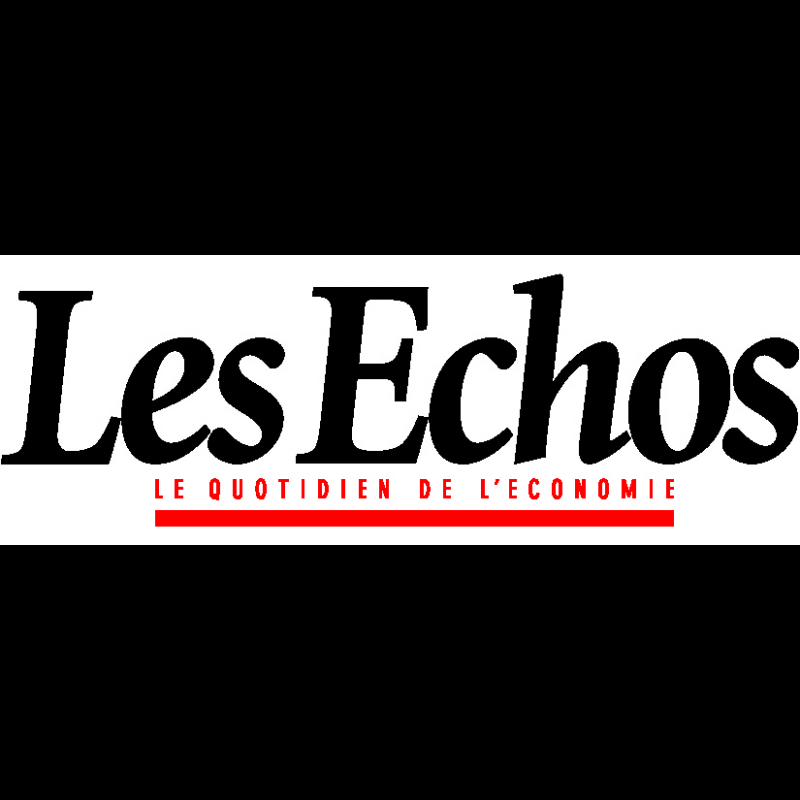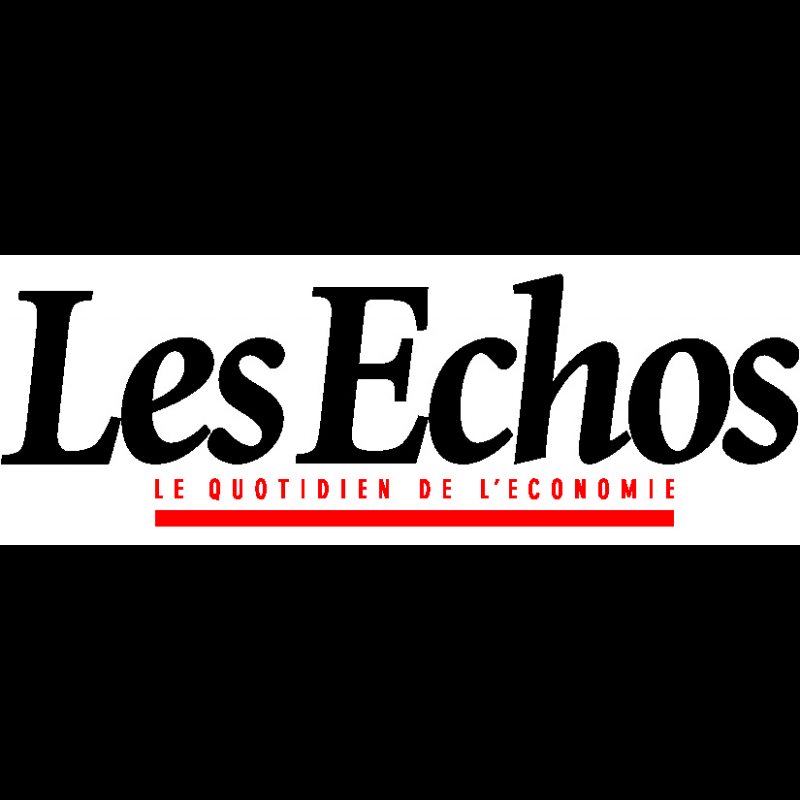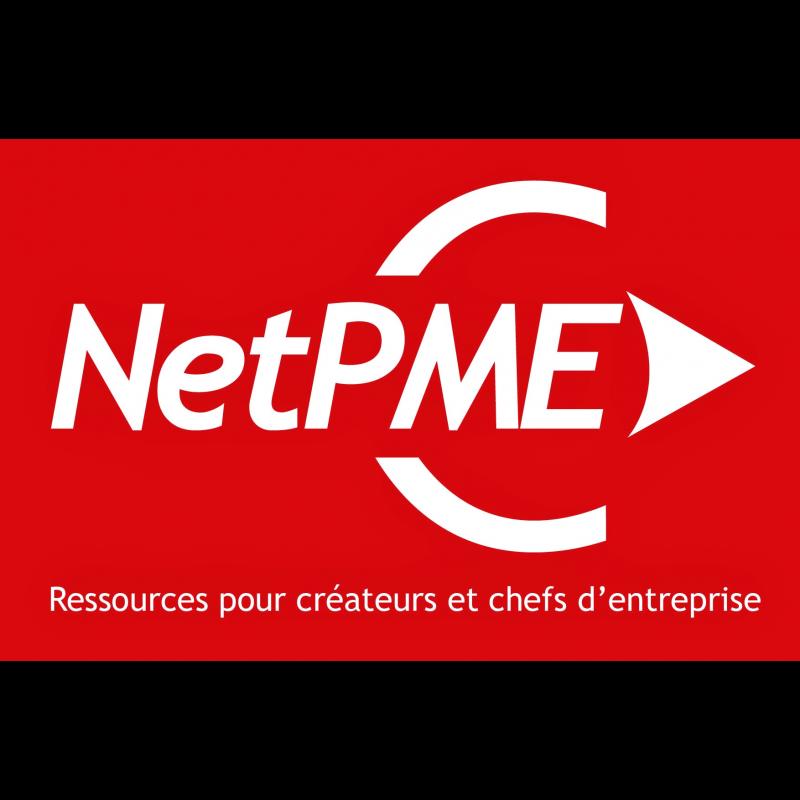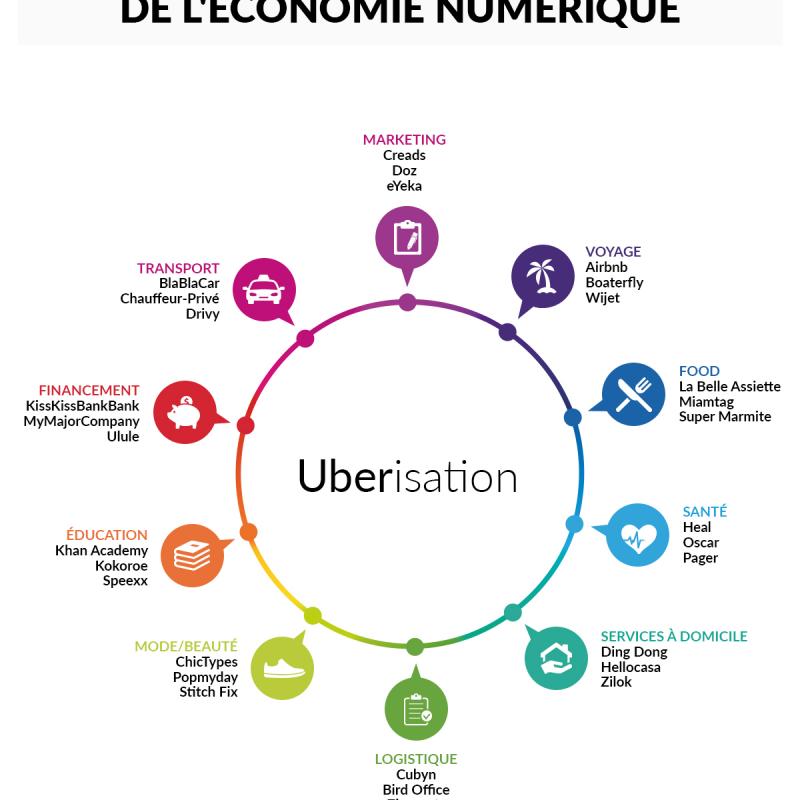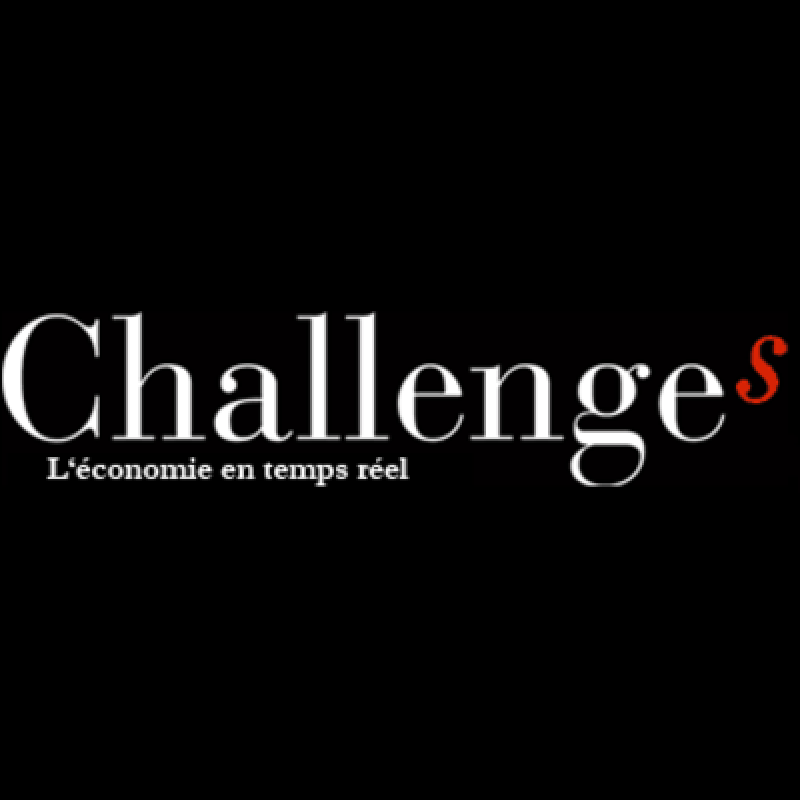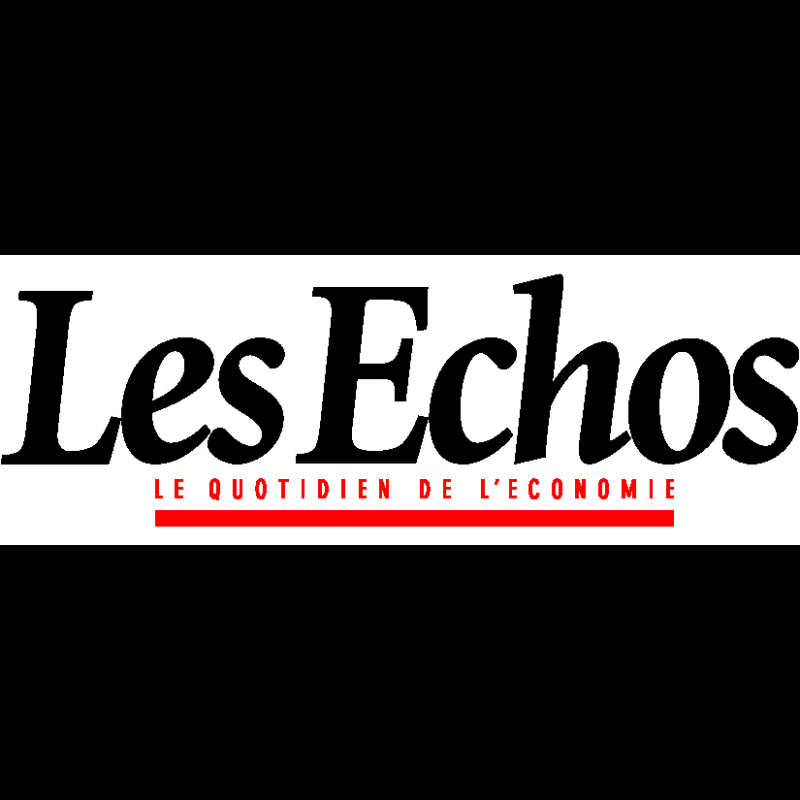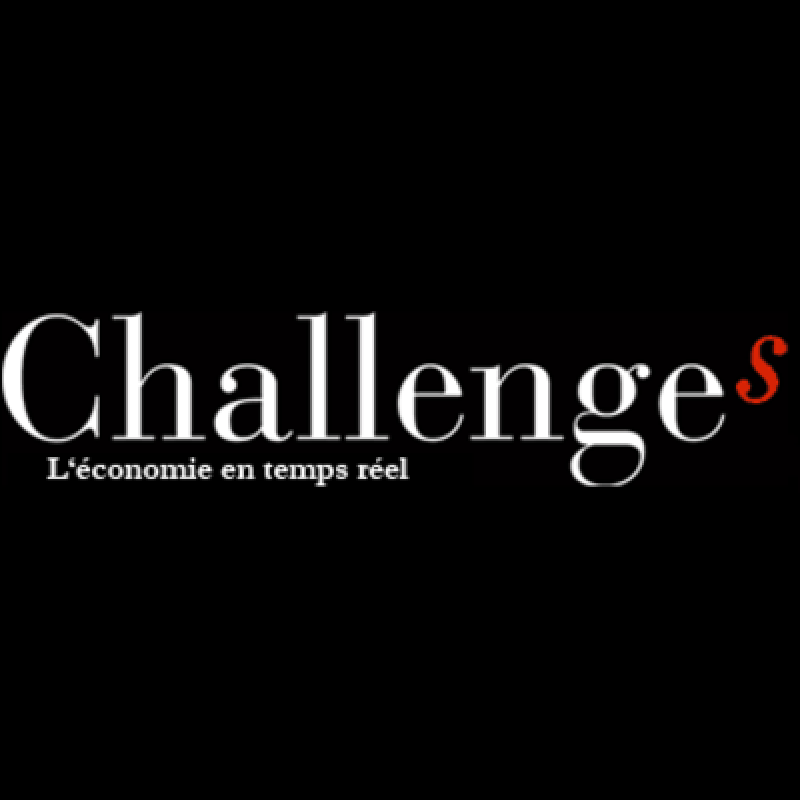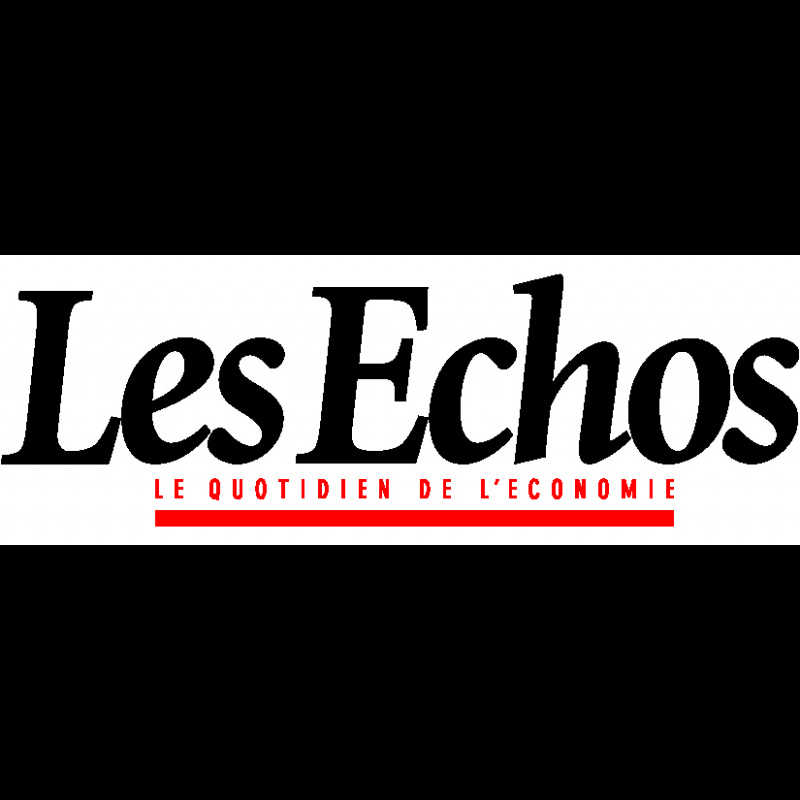The Economist livre une approche tri-dimensionnelle de l'ubérisation
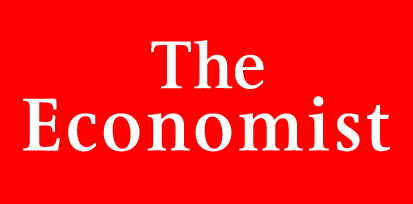
- Date de Publication: 13/09/2015
- Catégories: Revue de Presse
- Secteur(s)) impacté(s):
- Lien: http://www.economist.com/news/leaders/21637393-rise-demand-economy-poses-difficult-questions-workers-companies-and
Description
IN THE early 20th century Henry Ford combined moving assembly lines with mass labour to make building cars much cheaper and quicker—thus turning the automobile from a rich man’s toy into transport for the masses. Today a growing group of entrepreneurs is striving to do the same to services, bringing together computer power with freelance workers to supply luxuries that were once reserved for the wealthy. Uber provides chauffeurs. Handy supplies cleaners. SpoonRocket delivers restaurant meals to your door. Instacart keeps your fridge stocked. In San Francisco a young computer programmer can already live like a princess.
Yet this on-demand economy goes much wider than the occasional luxury. Click on Medicast’s app, and a doctor will be knocking on your door within two hours. Want a lawyer or a consultant? Axiom will supply the former, Eden McCallum the latter. Other companies offer prizes to freelances to solve R&D problems or to come up with advertising ideas. And a growing number of agencies are delivering freelances of all sorts, such as Freelancer.com and Elance-oDesk, which links up 9.3m workers for hire with 3.7m companies.
The on-demand economy is small, but it is growing quickly (see article). Uber, founded in San Francisco in 2009, now operates in 53 countries, had sales exceeding $1 billion in 2014 and a valuation of $40 billion. Like the moving assembly line, the idea of connecting people with freelances to solve their problems sounds simple. But, like mass production, it has profound implications for everything from the organisation of work to the nature of the social contract in a capitalist society.
Baby, you can drive my car—and stock my fridge
Some of the forces behind the on-demand economy have been around for decades. Ever since the 1970s the economy that Henry Ford helped create, with big firms and big trade unions, has withered. Manufacturing jobs have been automated out of existence or outsourced abroad, while big companies have abandoned lifetime employment. Some 53m American workers already work as freelances.
But two powerful forces are speeding this up and pushing it into ever more parts of the economy. The first is technology. Cheap computing power means a lone thespian with an Apple Mac can create videos that rival those of Hollywood studios. Complex tasks, such as programming a computer or writing a legal brief, can now be divided into their component parts—and subcontracted to specialists around the world. The on-demand economy allows society to tap into its under-used resources: thus Uber gets people to rent their own cars, and InnoCentive lets them rent their spare brain capacity.
The other great force is changing social habits. Karl Marx said that the world would be divided into people who owned the means of production—the idle rich—and people who worked for them. In fact it is increasingly being divided between people who have money but no time and people who have time but no money. The on-demand economy provides a way for these two groups to trade with each other.
This will push service companies to follow manufacturers and focus on their core competencies. The “transaction cost” of using an outsider to fix something (as opposed to keeping that function within your company) is falling. Rather than controlling fixed resources, on-demand companies are middle-men, arranging connections and overseeing quality. They don’t employ full-time lawyers and accountants with guaranteed pay and benefits. Uber drivers get paid only when they work and are responsible for their own pensions and health care. Risks borne by companies are being pushed back on to individuals—and that has consequences for everybody.
Obamacare and Brand You
The on-demand economy is already provoking political debate, with Uber at the centre of much of it. Many cities, states and countries have banned the ride-sharing company on safety or regulatory grounds. Taxi drivers have staged protests against it. Uber drivers have gone on strike, demanding better benefits. Techno-optimists dismiss all this as teething trouble: the on-demand economy gives consumers greater choice, they argue, while letting people work whenever they want. Society gains because idle resources are put to use. Most of Uber’s cars would otherwise be parked in the garage.
The truth is more nuanced. Consumers are clear winners; so are Western workers who value flexibility over security, such as women who want to combine work with child-rearing. Taxpayers stand to gain if on-demand labour is used to improve efficiency in the provision of public services. But workers who value security over flexibility, including a lot of middle-aged lawyers, doctors and taxi drivers, feel justifiably threatened. And the on-demand economy certainly produces unfairnesses: taxpayers will also end up supporting many contract workers who have never built up pensions.
This sense of nuance should inform policymaking. Governments that outlaw on-demand firms are simply handicapping the rest of their economies. But that does not mean they should sit on their hands. The ways governments measure employment and wages will have to change. Many European tax systems treat freelances as second-class citizens, while American states have different rules for “contract workers” that could be tidied up. Too much of the welfare state is delivered through employers, especially pensions and health care: both should be tied to the individual and made portable, one area where Obamacare was a big step forward.
But even if governments adjust their policies to a more individualistic age, the on-demand economy clearly imposes more risk on individuals. People will have to master multiple skills if they are to survive in such a world—and keep those skills up to date. Professional sorts in big service firms will have to take more responsibility for educating themselves. People will also have to learn how to sell themselves, through personal networking and social media or, if they are really ambitious, turning themselves into brands. In a more fluid world, everybody will need to learn how to manage You Inc.
A lire aussi
INSCRIVEZ-VOUS A LA
NEWSLETTER FNAE
Découvrez l'actualité de l'auto entrepreneur par la Fédération Nationale des Auto Entrepreneurs. Et soyez informés des dernières publications et des dates d'événements à venir !
A PROPOS
Animé par la Fédération Nationale des auto-entrepreneurs (FNAE), cet observatoire a pour but d'analyser l'ubérisation, d'apporter un constat précis et de proposer des pistes de réflexion autour de la réforme du code du travail, du dialogue social, de l'évolution du Droit, de la protection des travailleurs affiliés aux plateformes...
INFOS DE CONTACT

- Adresse : 4 rue de la Mare 78125 ORCEMONT
- Téléphone : 06 07 588 589
- Email : contact@uberisation.org


